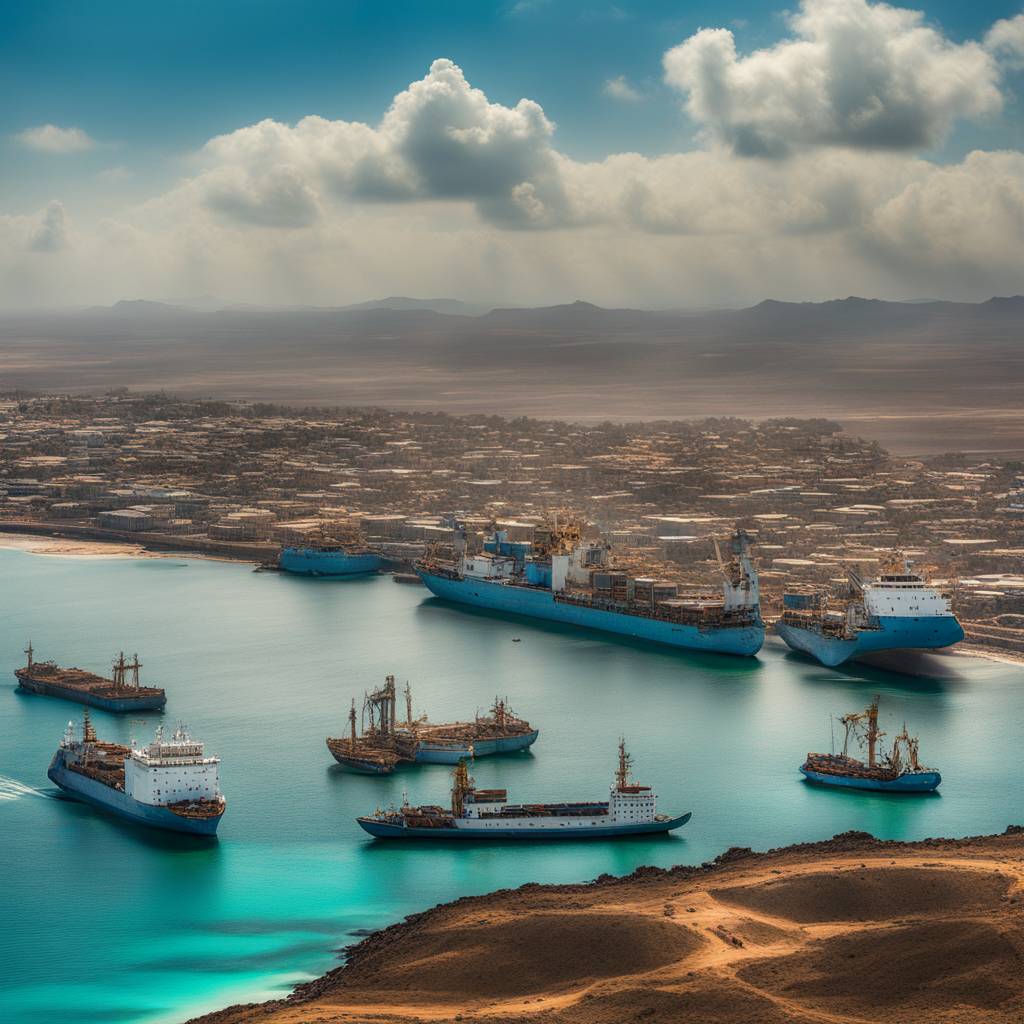Tensions between Somalia and Ethiopia have escalated over a port deal in the breakaway region of Somaliland. Somalia announced the expulsion of Ethiopia’s ambassador and the closure of Ethiopian consulates in Hargeisa and Garowe. The move was in response to what Somalia described as Ethiopian interference in its internal affairs and a violation of its sovereignty. The dispute arose after Ethiopia agreed to lease 20km of coastline in Somaliland for military and commercial purposes for 50 years. Somalia views the deal as a landgrab and fears it could further destabilize the Horn of Africa.
Somalia claims Somaliland as its own territory, despite the region’s effective autonomy since 1991. The port deal with Ethiopia has heightened tensions between the two countries, with Somalia accusing Ethiopia of bypassing Mogadishu and trying to annex its territory. Ethiopia insists the deal is purely commercial and essential for its economic needs. Ethiopia also held talks with officials from the Puntland region of Somalia, further exacerbating the situation. Somali President Hassan Sheikh Mohamud warned that his country would defend itself if Ethiopia proceeded with the deal. He also expressed disappointment that Ethiopian Prime Minister Abiy Ahmed did not inform him about the agreement during their meeting in Djibouti.
The expulsion of Ethiopia’s ambassador is seen as a major diplomatic escalation and a setback in efforts to peacefully resolve the port deal dispute. Somalia reiterated its commitment to protecting its territorial integrity and sovereignty. The expulsion comes after tensions reached a boiling point over Ethiopia’s agreement to lease a portion of the coast around the port of Berbera in Somaliland. The deal was seen as a strategic move by Ethiopia to establish a naval base in the region in exchange for possible recognition of Somaliland.
Somalia is firm in its stance against what it perceives as Ethiopian interference in its internal affairs. The move to expel the ambassador and close Ethiopian consulates reflects the seriousness of the situation. Ethiopia has maintained that the port deal is of commercial nature and necessary for its economic interests. However, Somalia views it as a threat to its sovereignty and territorial integrity. The ongoing tensions between the two countries raise concerns about the potential for further destabilization in the Horn of Africa region.
The port deal dispute with Ethiopia has put Somalia in a difficult position, as it seeks to protect its interests and maintain its sovereignty. The standoff between the two countries highlights the complexities of regional politics and the challenges of resolving disputes over strategic resources. Somalia’s expulsion of Ethiopia’s ambassador is a bold move that underscores its commitment to defending its territory and asserting its sovereignty. The conflict over the port deal in Somaliland is far from over, and the international community will likely closely monitor the situation as tensions continue to rise.













